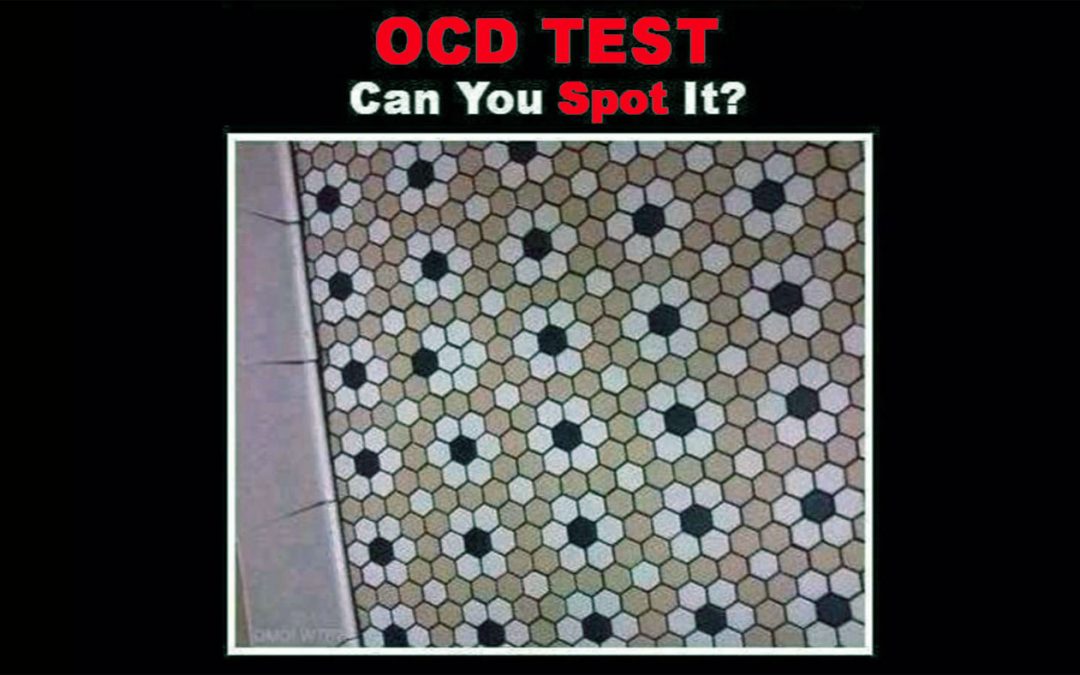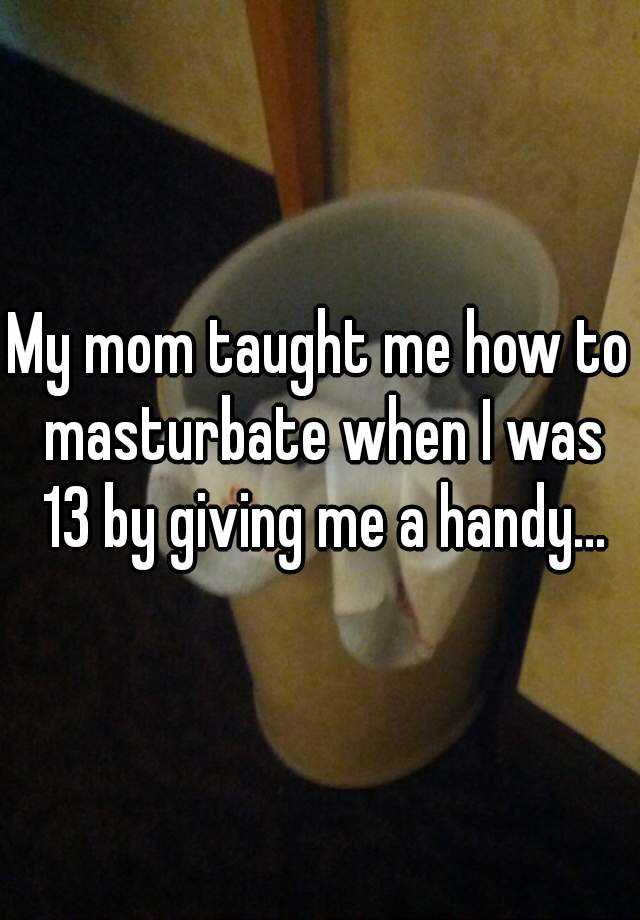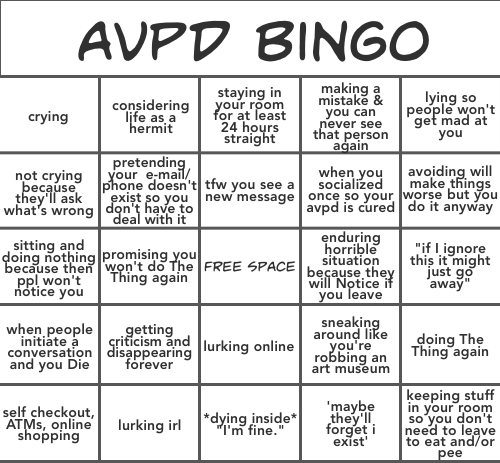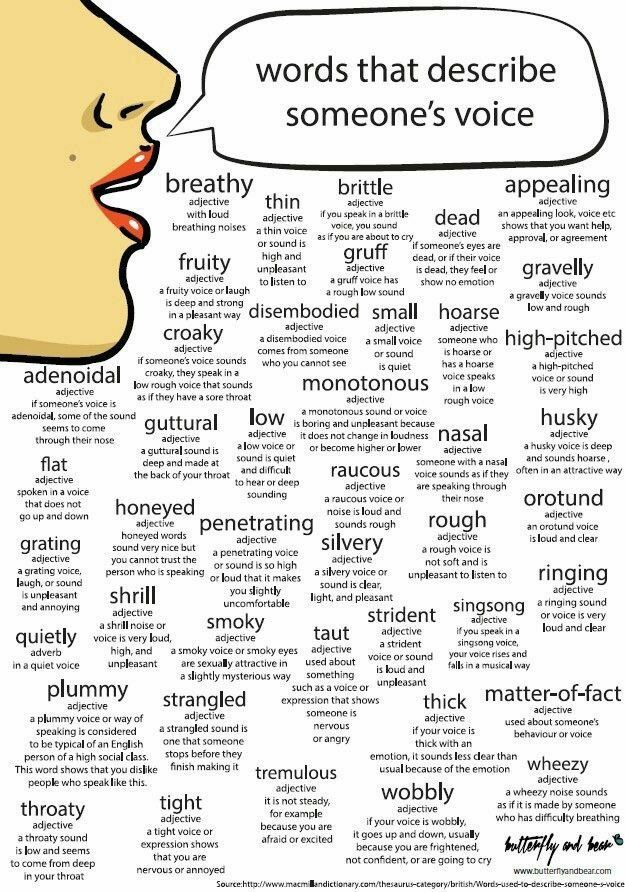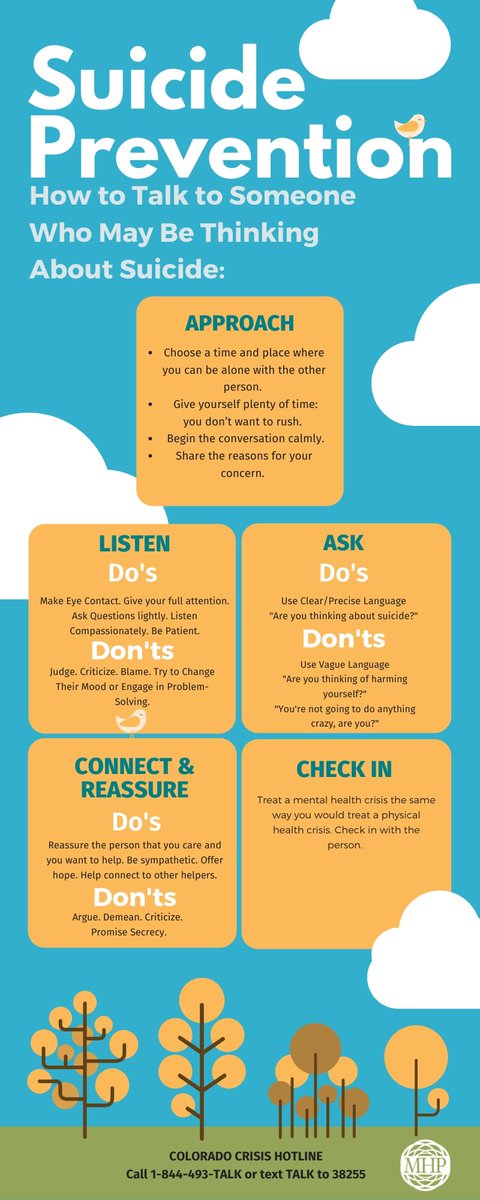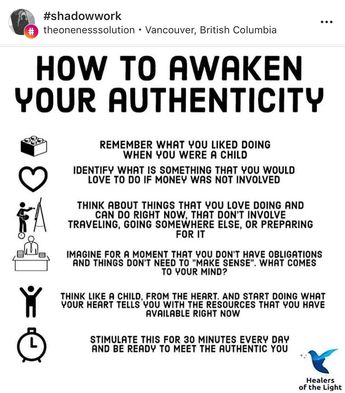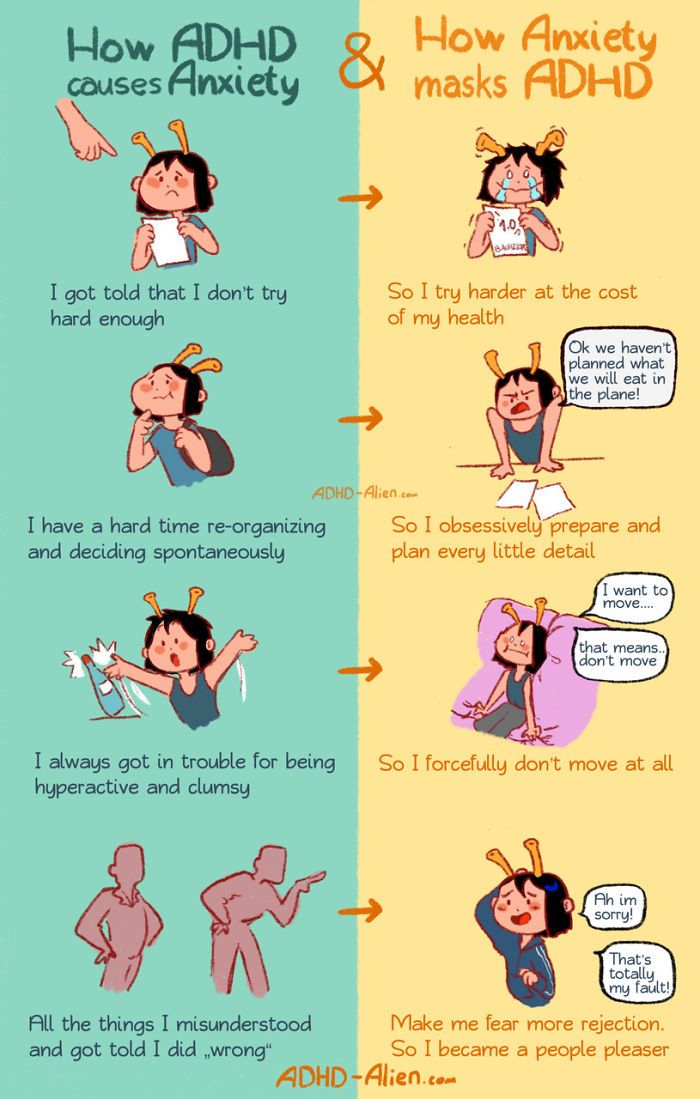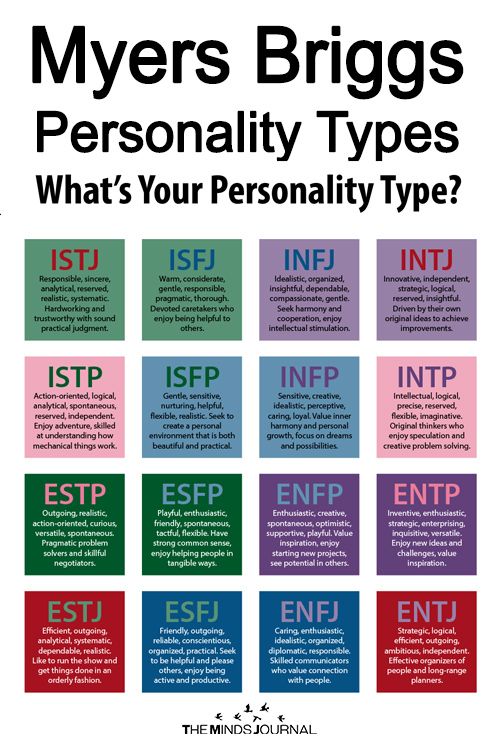Ocd test for children
Obsessive Compulsive Disorder Test: Symptoms in Children
Obsessive-compulsive disorder (OCD) is a serious disorder characterized by intrusive thoughts, repetitive behaviors, and high levels of anxiety that can make everyday situations unbearable — particularly for children with the condition. OCD only affects 1 to 3 percent of adults, but 80 percent of those started showing symptoms before age 18. The disorder is often incorrectly portrayed in the media as merely an obsession with cleanliness, but in reality, it’s a deeply misunderstood condition that can wreak havoc on daily childhood activities like playing with friends, going to school, or enjoying hobbies.
Since OCD symptoms manifest in disparate ways, the disorder can be easily misdiagnosed as ADHD, depression, or generalized anxiety. It’s important to get an accurate diagnosis, as proper treatment for OCD is critical to managing anxiety levels and allowing your child to retain control over her life.
If you think your child’s unwanted obsessions, rituals, or daily anxiety might be due to OCD, take this simple screener test and bring the results to a mental health professional for evaluation.
Adapted from Children’s Yale-Brown Obsessive Compulsive Scale (CY-BOS). This is not a diagnostic tool. If you have concerns about possible OCD see a mental health professional. An accurate diagnosis can only be made through clinical evaluation. This screener is for personal use only.
Does your child have a precious collection of items anyone else would consider trash, like lollipop wrappers or bottle caps?
Very Often
Often
Sometimes
Rarely
Never
Does your child have an unusual interest in religious observances and saying prayers over and over?
Very Often
Often
Sometimes
Rarely
Never
Does your child insist on completing a specific sequence before bed night, and does he become agitated if something interrupts it?
Very Often
Often
Sometimes
Rarely
Never
At dinnertime, has your child ever asked if the food has gone bad or suggested it was poisoned?
Very Often
Often
Sometimes
Rarely
Never
When relatives come to visit, does your child avoid being hugged at all costs?
Very Often
Often
Sometimes
Rarely
Never
Are there certain jersey numbers your child refuses to wear because they are unlucky or unsafe?
Very Often
Often
Sometimes
Rarely
Never
Even when he seems well, does your child ask you to take his temperature to make sure he’s not sick?
Very Often
Often
Sometimes
Rarely
Never
When you are leaving the house for the day, does your child double back to make sure the door is locked?
Very Often
Often
Sometimes
Rarely
Never
Do you have to plan short outings because your child refuses to use public bathrooms?
Very Often
Often
Sometimes
Rarely
Never
Is your child late for school in the morning because you can’t get him out of the shower or the bathroom?
Very Often
Often
Sometimes
Rarely
Never
Has your child ever revealed fears that her family is in danger?
Very Often
Often
Sometimes
Rarely
Never
Is your child extremely slow when getting dressed, completing chores, or doing schoolwork?
Very Often
Often
Sometimes
Rarely
Never
When playing with an electronic toy, does your child switch it on and off over and over?
Very Often
Often
Sometimes
Rarely
Never
Does your child refuse to share her toys for fear of contamination from siblings or friends?
Very Often
Often
Sometimes
Rarely
Never
During homework time, does your child erase sentences and rewrite them over and over until they are “just right?”
Very Often
Often
Sometimes
Rarely
Never
(Optional) Would you like to receive your OCD symptom test results — plus more helpful resources — via email from ADDitude?
Subscribe me to your newsletter!
Can’t see the self-test questions above? Click here to open this test in a new window.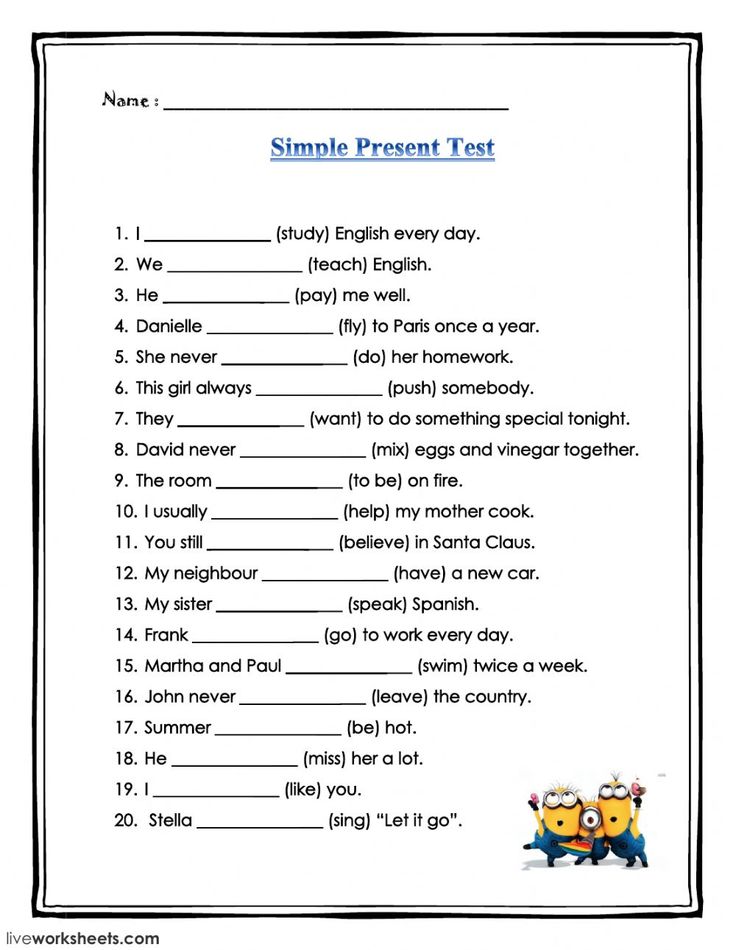
1. Take This Test Autism Symptom Test for Children
2. Take This Test General Anxiety Disorder for Children
3. Take This Test Full ADHD Symptoms Test for Children
4. Learn What Obsessive Compulsive Disorder (OCD) Looks Like in Children
5. Download Is It OCD or ADHD?
6. Read How Is OCD Diagnosed?
Previous Article Next Article
Child and Adolescent OCD Test
Children and adolescents with Obsessive-Compulsive Disorder (OCD) experience obsessions (repetitive, unwanted thoughts, ideas, or images), and/or perform compulsions (repetitive behaviors) in an effort to avoid or decrease the anxiety created by these obsessions.
The OCD Center of Los Angeles offers this free and confidential test to help you get a better idea of whether or not your child is exhibiting signs of Obsessive-Compulsive Disorder (OCD). Simply check those items that apply to your child, and email the test to us using the simple form below. While this questionnaire is not meant to replace a thorough evaluation, it may help in identifying traits of Obsessive-Compulsive Disorder (OCD) in your child.
Simply check those items that apply to your child, and email the test to us using the simple form below. While this questionnaire is not meant to replace a thorough evaluation, it may help in identifying traits of Obsessive-Compulsive Disorder (OCD) in your child.
1. My child worries excessively about dirt and/or germs and/or bodily fluids (blood, spit, sweat, urine, etc).
2. My child washes and/or showers excessively or in a very specific way.
3. My child avoids touching other people or being touched by others.”.
4. My child excessively cleans his/her room or toys or books or other objects that don’t really need cleaning.
5. My child takes extra care that his/her things (i.e., clothes, bedroom, toys, school books) are always neat and clean and orderly, and gets upset if others mess things up.
6. If my child does things on one side of his/her body, he/she often needs to do a similar action on the other side in order to make things “equal”, or “even”, or symmetrical.
7. Sometimes my child has to repeatedly check things (i.e., water faucets, light switches, door locks).
8. My child often has to put things away “just right” or put things away in special places.
9. My child often needs to count several times while doing basic tasks (i.e. getting dressed, putting away toys).
10. My child often needs to do basic behaviors (i.e., homework, getting dressed, putting away toys, eating) in a very specific order.
11. My child often checks his/her homework or household chores repeatedly to make sure that things are correct and perfect, and sometimes needs to redo his/her homework or household chores to make things are 100% perfect.
12. My child needs do his/her homework at a certain time and/or place.
13. My child worries excessively that his/her parents or brothers or sisters might have an accident or that something bad might happen to them.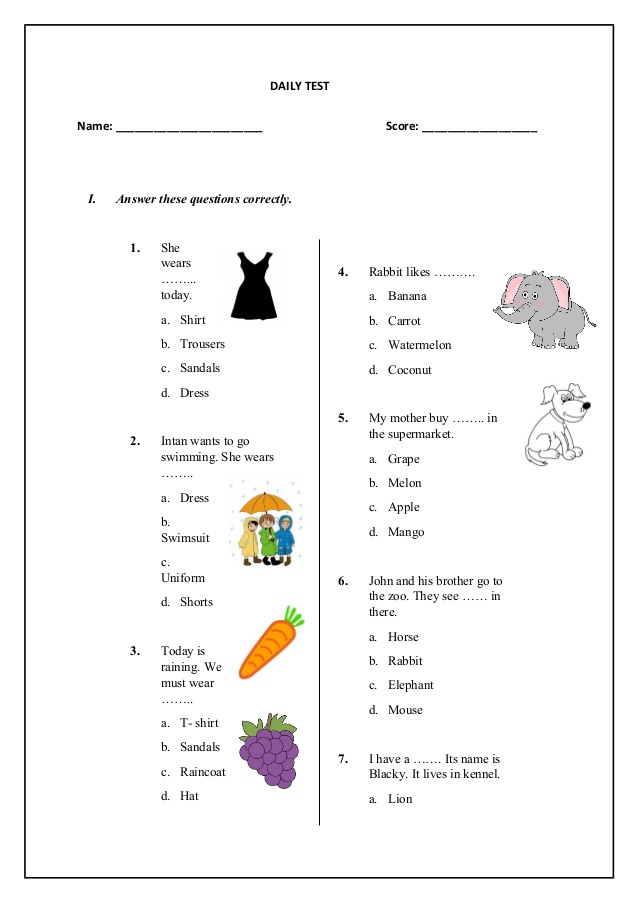
14. My child worries excessively about accidentally hurting other people.
15. My child worries excessively about purposely hurting him/her self, family members, school mates, or others.
16. My child is very uncomfortable with household items (i.e., knives, scissors, broken glass, etc.) that he/she thinks of as dangerous.
17. My child has certain “bad” or “unlucky” numbers that must be avoided at all costs, and certain “good” or “special” numbers?
18. In order to prevent “bad” things from happening, my child has special words he/she needs to say, or certain actions that he/she needs to do.
19. My child worries excessively about unwanted sexual thoughts that he/she thinks shouldn’t be in his/her mind.
20. My child worries excessively about doing the right thing and/or offending God.
21. My child frequently asks me or other family members for reassurance related to his/her obsessions and/or compulsions.
22. My child is significantly distressed, anxious, and/or depressed about his/her obsessions and/or compulsions.
23. My child’s obsessions and/or compulsions are interfering with his/her relationships and/or with his/her academic functioning.
24. My child spends hours per day having obsessions and/or doing compulsions.
25. My child’s age is: .
26. The primary focus of my child’s obsessions and compulsions is:
*First name
Last name (optional)
*Valid Email Address
(where test scoring guide will be sent)
*Re-enter Email Address
*City
*State or Province
Select one…AlabamaAlaskaAlbertaArizonaArkansasBritish ColumbiaCaliforniaColoradoConnecticutDelawareFloridaGeorgiaHawaiiIdahoIllinoisIndianaIowaKansasKentuckyLouisianaMaineManitobaMarylandMassachusettsMichiganMinnesotaMississippiMissouriMontanaNebraskaNevadaNew BrunswickNew HampshireNew JerseyNew MexicoNew YorkNewfoundland and LabradorNorth CarolinaNorth DakotaNorthwest TerritoriesNova ScotiaNunavutOhioOklahomaOntarioOregonPennsylvaniaPrince Edward IslandPuerto RicoQuebecRhode IslandSaskatchewanSouth CarolinaSouth DakotaTennesseeTexasUtahVermontVirginiaWashingtonWest VirginiaWisconsinWyomingYukonOther
*Country
Select one…United StatesCanadaAustraliaUnited KingdomAfghanistanAlbaniaAlgeriaAmerican SamoaAndorraAngolaAnguillaAntarcticaAntigua And BarbudaArgentinaArmeniaArubaAustraliaAustriaAzerbaijanBahamasBahrainBangladeshBarbadosBelarusBelgiumBelizeBeninBermudaBhutanBoliviaBosnia And HerzegowinaBotswanaBouvet IslandBrazilBritish Indian Ocean TerritoryBruneiBulgariaBurkina FasoBurundiCambodiaCameroonCanadaCape VerdeCayman IslandsCentral African RepublicChadChileChinaChristmas IslandCocos (Keeling) IslandsColombiaComorosCongoCongo, The DrcCook IslandsCosta RicaCote D’ivoireCroatiaCubaCyprusCzech RepublicDenmarkDjiboutiDominicaDominican RepublicEast TimorEcuadorEgyptEl SalvadorEquatorial GuineaEritreaEstoniaEthiopiaFalkland IslandsFaroe IslandsFijiFinlandFranceFrance, MetropolitanFrench GuianaFrench PolynesiaFrench Southern TerritoriesGabonGambiaGeorgiaGermanyGhanaGibraltarGreeceGreenlandGrenadaGuadeloupeGuamGuatemalaGuineaGuinea-bissauGuyanaHaitiHeard And Mc Donald IslandsHondurasHong KongHungaryIcelandIndiaIndonesiaIranIraqIrelandIsraelItalyJamaicaJapanJordanKazakhstanKenyaKiribatiKorea, D.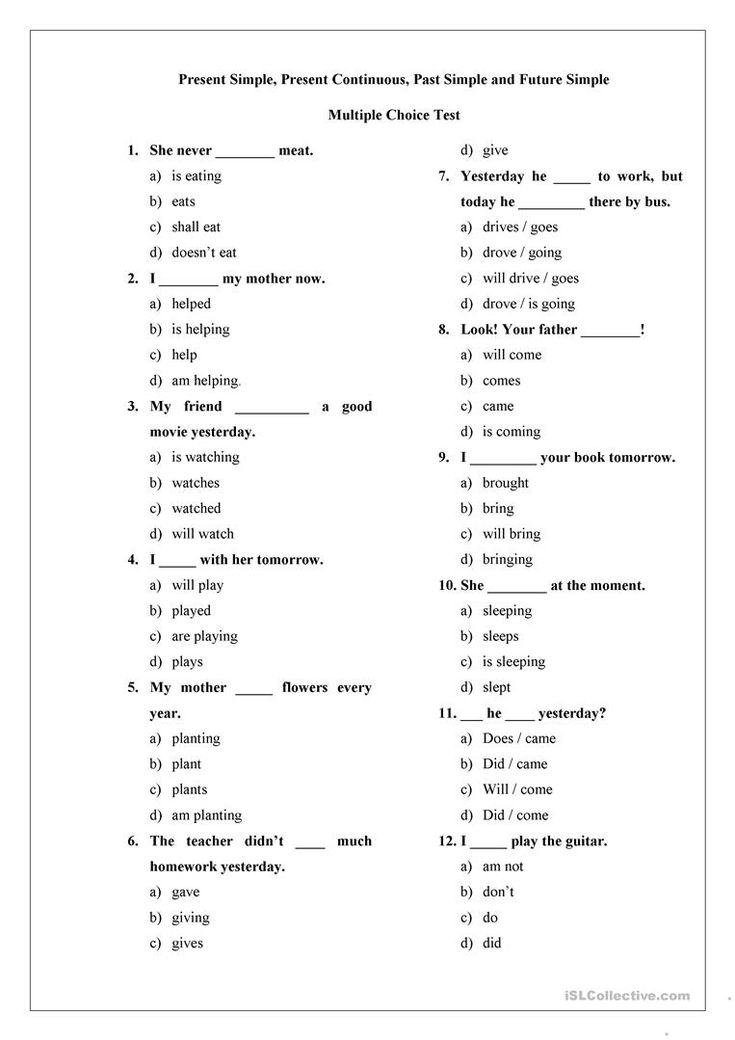 P.R.O.Korea, Republic OfKuwaitKyrgyzstanLaosLatviaLebanonLesothoLiberiaLibyaLiechtensteinLithuaniaLuxembourgMacauMacedoniaMadagascarMalawiMalaysiaMaldivesMaliMaltaMarshall IslandsMartiniqueMauritaniaMauritiusMayotteMexicoMicronesia, Federated States OfMoldovaMonacoMongoliaMontserratMoroccoMozambiqueMyanmar (Burma)NamibiaNauruNepalNetherlandsNetherlands AntillesNew CaledoniaNew ZealandNicaraguaNigerNigeriaNiueNorfolk IslandNorthern Mariana IslandsNorwayOmanPakistanPalauPanamaPapua New GuineaParaguayPeruPhilippinesPitcairnPolandPortugalPuerto RicoQatarReunionRomaniaRussian FederationRwandaSaint Kitts And NevisSaint LuciaSaint Vincent And The GrenadinesSamoaSan MarinoSao Tome And PrincipeSaudi ArabiaSenegalSeychellesSierra LeoneSingaporeSlovakiaSloveniaSolomon IslandsSomaliaSouth AfricaSouth Georgia And South S.S.SpainSri LankaSt. HelenaSt. Pierre And MiquelonSudanSurinameSvalbard And Jan Mayen IslandsSwazilandSwedenSwitzerlandSyriaTaiwanTajikistanTanzaniaThailandTogoTokelauTongaTrinidad And TobagoTunisiaTurkeyTurkmenistanTurks And Caicos IslandsTuvaluUgandaUkraineUnited Arab EmiratesUnited KingdomUnited StatesU.
P.R.O.Korea, Republic OfKuwaitKyrgyzstanLaosLatviaLebanonLesothoLiberiaLibyaLiechtensteinLithuaniaLuxembourgMacauMacedoniaMadagascarMalawiMalaysiaMaldivesMaliMaltaMarshall IslandsMartiniqueMauritaniaMauritiusMayotteMexicoMicronesia, Federated States OfMoldovaMonacoMongoliaMontserratMoroccoMozambiqueMyanmar (Burma)NamibiaNauruNepalNetherlandsNetherlands AntillesNew CaledoniaNew ZealandNicaraguaNigerNigeriaNiueNorfolk IslandNorthern Mariana IslandsNorwayOmanPakistanPalauPanamaPapua New GuineaParaguayPeruPhilippinesPitcairnPolandPortugalPuerto RicoQatarReunionRomaniaRussian FederationRwandaSaint Kitts And NevisSaint LuciaSaint Vincent And The GrenadinesSamoaSan MarinoSao Tome And PrincipeSaudi ArabiaSenegalSeychellesSierra LeoneSingaporeSlovakiaSloveniaSolomon IslandsSomaliaSouth AfricaSouth Georgia And South S.S.SpainSri LankaSt. HelenaSt. Pierre And MiquelonSudanSurinameSvalbard And Jan Mayen IslandsSwazilandSwedenSwitzerlandSyriaTaiwanTajikistanTanzaniaThailandTogoTokelauTongaTrinidad And TobagoTunisiaTurkeyTurkmenistanTurks And Caicos IslandsTuvaluUgandaUkraineUnited Arab EmiratesUnited KingdomUnited StatesU.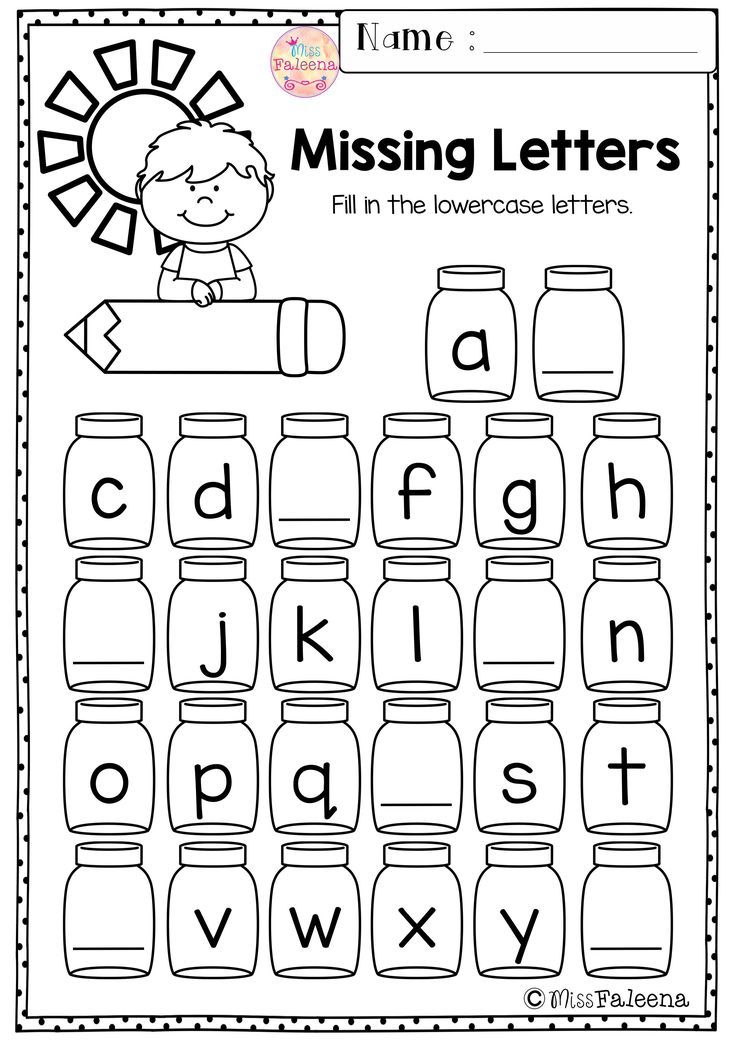 S. Minor IslandsUruguayUzbekistanVanuatuVenezuelaViet NamVirgin Islands (British)Virgin Islands (U.S.)Wallis And Futuna IslandsWestern SaharaYemenYugoslavia (Serbia And Montenegro)ZambiaZimbabweOther
S. Minor IslandsUruguayUzbekistanVanuatuVenezuelaViet NamVirgin Islands (British)Virgin Islands (U.S.)Wallis And Futuna IslandsWestern SaharaYemenYugoslavia (Serbia And Montenegro)ZambiaZimbabweOther
Phone (If you wish to be contacted by phone)
Please click on “Submit” one time only. Thank you.
Please note: By sending this email, you are agreeing to be contacted by the OCD Center of Los Angeles. We respect your privacy and confidentiality and we will never share, sell, rent, loan, or give away your name, email address, or any other personal information to anyone.
If you would like more information regarding OCD in children and adolescents, or would like to discuss therapy options for your child at the OCD Center of Los Angeles, you can call us at (310) 824-5200, or click here to email us.
Children's OCD Test
Children's OCD TestReviews about specialists
Came to your clinic in mid-December.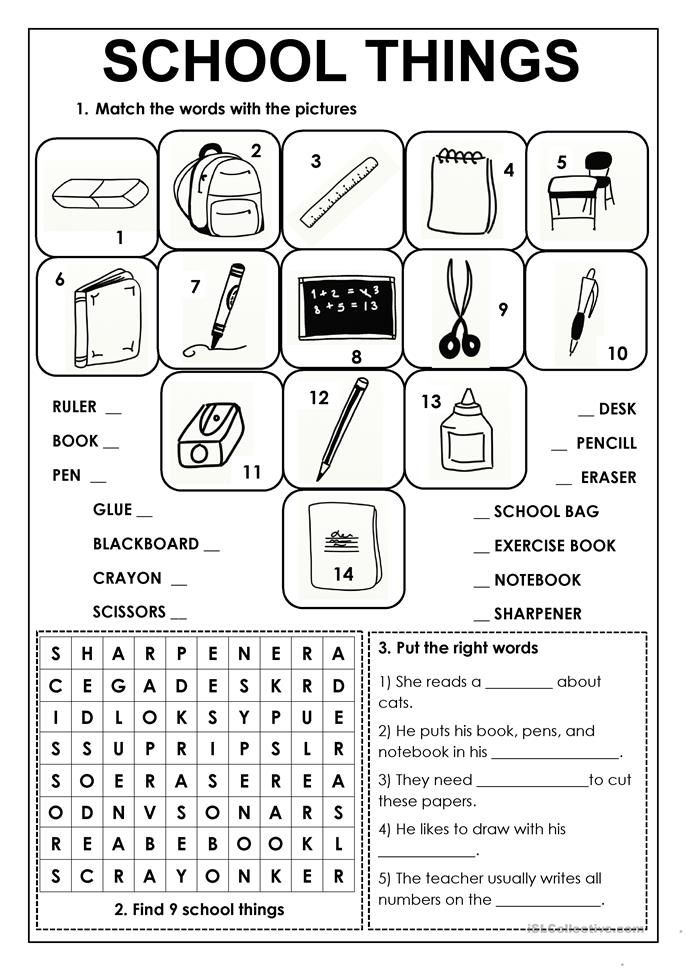 My son was diagnosed with autism, he did not speak, absolutely did not succumb to learning, practically did not make contact. We are working with the therapist Alena Valerievna. Thanks to her immensely! For 3.5 months, the son finally wanted to learn something, he began to speak slowly.
My son was diagnosed with autism, he did not speak, absolutely did not succumb to learning, practically did not make contact. We are working with the therapist Alena Valerievna. Thanks to her immensely! For 3.5 months, the son finally wanted to learn something, he began to speak slowly.
©
Why do people contact us?
Why people contact us
- Newest technologies
- Experienced professionals (average experience over 10 years)
- Thousands of successful cases of treatment and correction
- Lots of testimonials from happy customers
- Medical license nine0015
Skype or WhatsApp consultation available.
The test is for informational purposes only.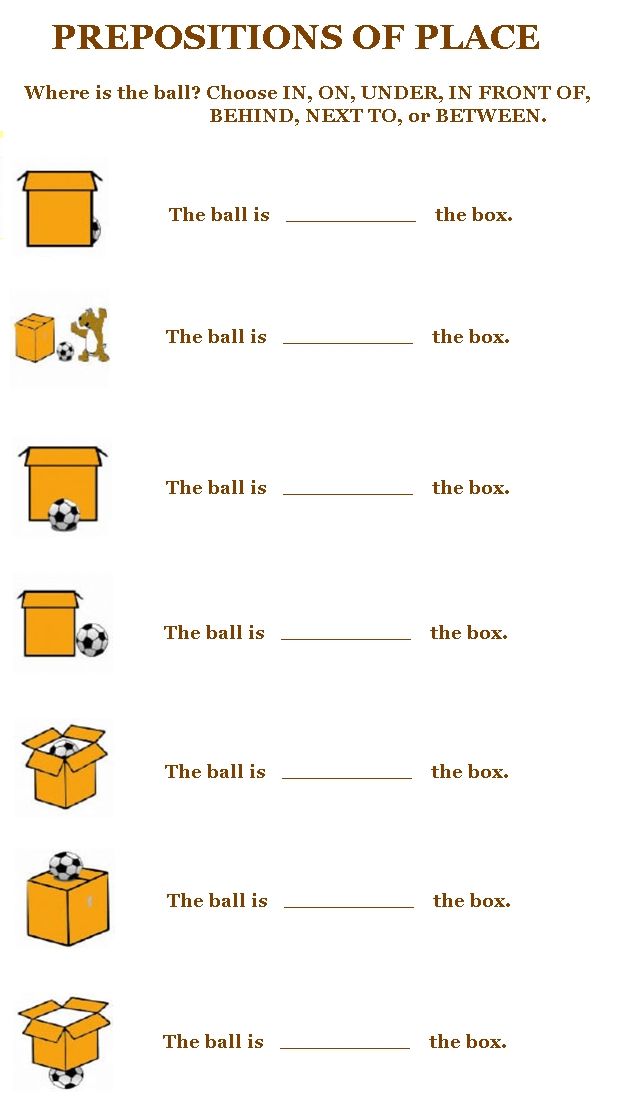
To interpret the results, you need to contact a specialist!
Please answer yes or no to the questions below.
Each “yes” answer is worth 1 point.
1. My child is overly concerned about dirt and/or germs and/or bodily secretions (blood, saliva, sweat, urine, etc.).
Yes No
nine0002 2. My child bathes too often or in a very special way.Yes No
3. My child tries not to touch other people and avoids touching himself.
Yes No
4. My child cleans too much in his room, among his toys, books or other items that do not require cleaning.
Yes No
5. My child puts extra effort into keeping things (e.g. clothes, toys, school supplies, room in general) neat, clean, orderly, and gets frustrated if someone disturbs the order. nine0003
Yes No
6. If my child performs some action with one side of his body, then he often needs to repeat this action with the other side of the body so that everything is “equal”, “symmetrical”, “balanced”.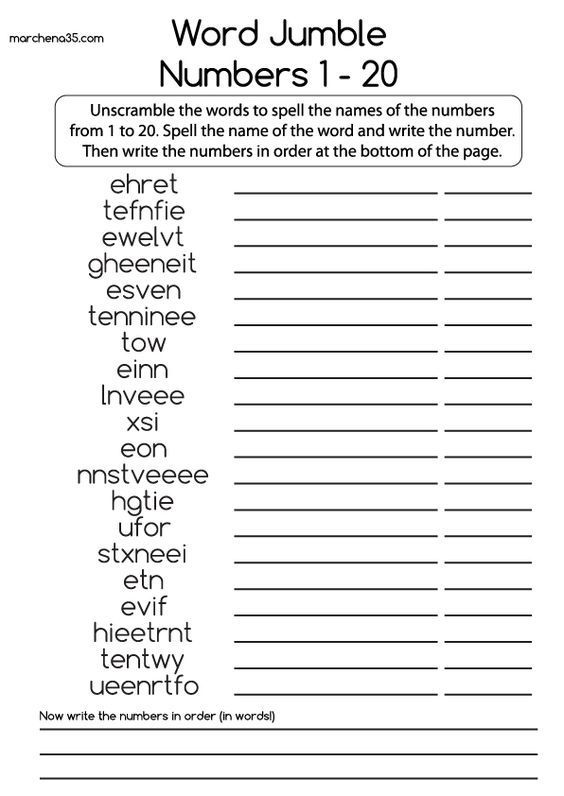
Yes No
7. Often, my child needs to double check things (eg faucet, electrical switches, locks, etc.) several times.
Yes No
8. My child often needs to arrange things in very specific ways or in very specific places. nine0003
Yes No
9. My child needs to count when doing daily activities (eg dressing, laying out toys).
Yes No
10. My child tends to do common activities (eg, housework, getting dressed, putting away toys, eating) in a very specific order.
Yes No
11. My child often checks homework or chores multiple times to make sure everything is correct and perfect, and sometimes redoes it to be 100% perfect. nine0003
Yes No
12. My child has to do homework at a very specific time and/or a very specific place.
Yes No
13. My child is overly worried that someone from his family or friends might get into some kind of accident or that something bad might happen to them.
Yes No
14. My child is overly worried about accidentally hurting other people.
Yes No
15. My child is overly concerned about harming himself, family, classmates, or anyone else.
Yes No
16. My child is extremely uncomfortable around those ordinary household items that he considers dangerous (for example, knives, scissors, broken glass, etc.).
Yes No
17. My child has "bad" or "unlucky" numbers to be avoided at all costs, as well as "good" and "special" numbers. nine0003
Yes No
18. To prevent "bad events", my child feels that he must say certain words or do certain actions.
Yes No
19. My child worries excessively about unwanted thoughts about sex that, from his point of view, should not appear in his mind.
Yes No
20. My child is overly concerned about doing the right thing and not sinning against God. nine0003
Yes No
21. My child often asks me or other family members for support regarding his rituals or obsessive thoughts.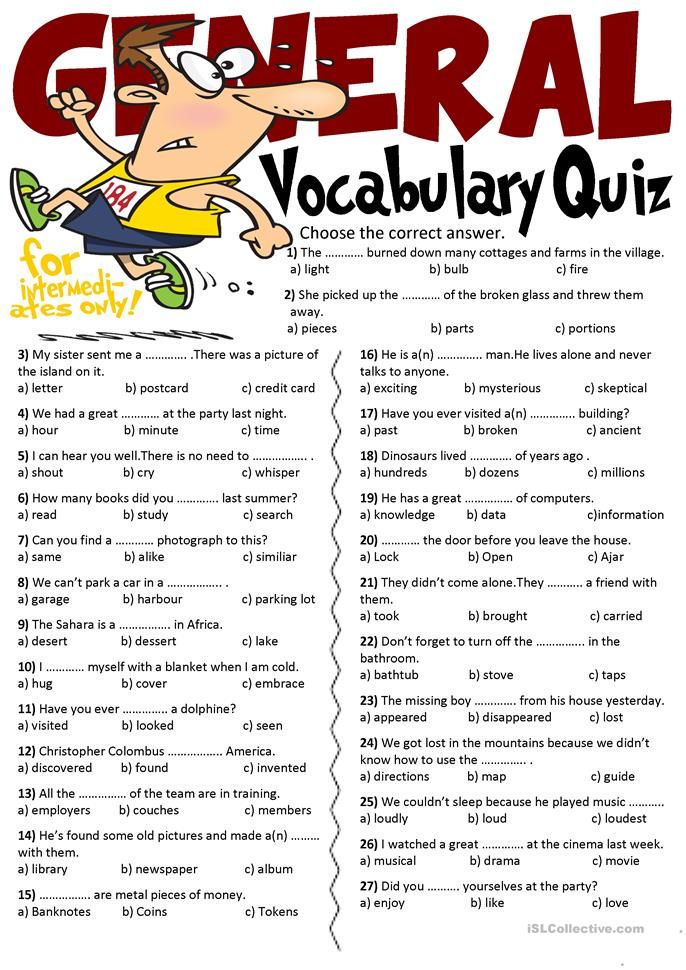
Yes No
22. My child is visibly distressed, anxious and/or depressed due to compulsions or thoughts.
Yes No
23. My child's intrusive actions and/or thoughts interfere with his relationships with others and/or his academic success. nine0003
Yes No
Learn more about the test
Make an appointment
Yale-Brown OCD Test
Y-BOCS (Yele-Braun obsessive-compulsive scale)
Obsessive-compulsive disorder (OCD) is a mental disorder in which a person experiences repetitive, unwanted obsessions thoughts, ideas, images or urges (obsessions) and an urgent need to repeat certain actions (compulsions/rituals) to alleviate or get rid of obsessions. In severe OCD, obsessions and rituals reach the point where they cause distress and greatly interfere with life. Phrase " obsessive-compulsive " is sometimes used in an informal non-OCD manner to describe someone as being overly meticulous, perfectionistic, engrossed, or otherwise obsessed.
Obsessive-compulsive disorder affects about 2.3% of people. The median age of onset of OCD is 19.5 years and rarely appears after age 35. 25% of OCD cases begin by age 14.
Yale-Brown scale clinical test method developed by Wayne Goodman and colleagues at Yale and Brown Universities at 1989 year. Designed to quantify the components of OCD and their dynamics:
- obsessive thoughts ( obsessions )
- compulsions ( compulsions)
| EXAMPLES OF OSESSIONS | EXAMPLES OF COMPULSIONS |
|
|
Questionnaire
1. The total duration of your obsessive thoughts (obsessions) during the day is:
The total duration of your obsessive thoughts (obsessions) during the day is:
not observed at all
in aggregate less than an hour
in aggregate 1-3 hours during the day
in aggregate 3-8 hours during the day
in aggregate more than 8 hours during the day
2. Degree of disturbance of daily life due to the presence of obsessive thoughts:
not disturbed at all
slightly disturbed
negative influence is felt, but the way of life is the same
daily way of life is severely disturbed
way of life is completely disturbed
3. The level of psychological discomfort due to obsessive thoughts:
I don’t feel at all
I feel a little discomfort
I feel a lot of discomfort, but in general, I feel good
I feel a lot of discomfort and this affects my well-being
I feel almost all day very strong discomfort
4. Resistance to obsessions:
able to resist them almost always
I can resist most obsessions
sometimes I can resist them well
most of the time I can't resist them
unable to resist obsessions
5.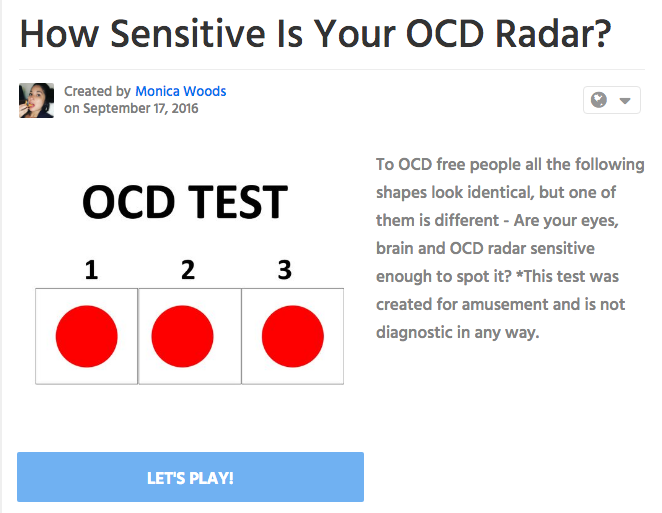 Degree of control over obsessions:
Degree of control over obsessions:
obsessions are completely under my control
in most cases I control them
sometimes I manage to control obsessions
I can control them slightly
my obsessions are out of control
6. Your duration of obsessive actions, rituals (compulsions) during the day:
not observed at all (less than an hour in total)
in total an hour or less than an hour
in total 1-3 hours during the day
in total 3-8 hours during the day
in aggregate more than 8 hours during the day
7. Degree of violation of everyday life:
do not violate at all
have a slight influence
a negative influence is felt, but the way of life is the same
they strongly disrupt the daily way of life
the way of life is completely disturbed
8. Level of psychological discomfort:
I don’t feel at all
I feel a little discomfort
I feel a lot of discomfort, but in general, I feel good
I feel a lot of discomfort and this affects my well-being
I feel very strong discomfort almost all day nine0003
9.